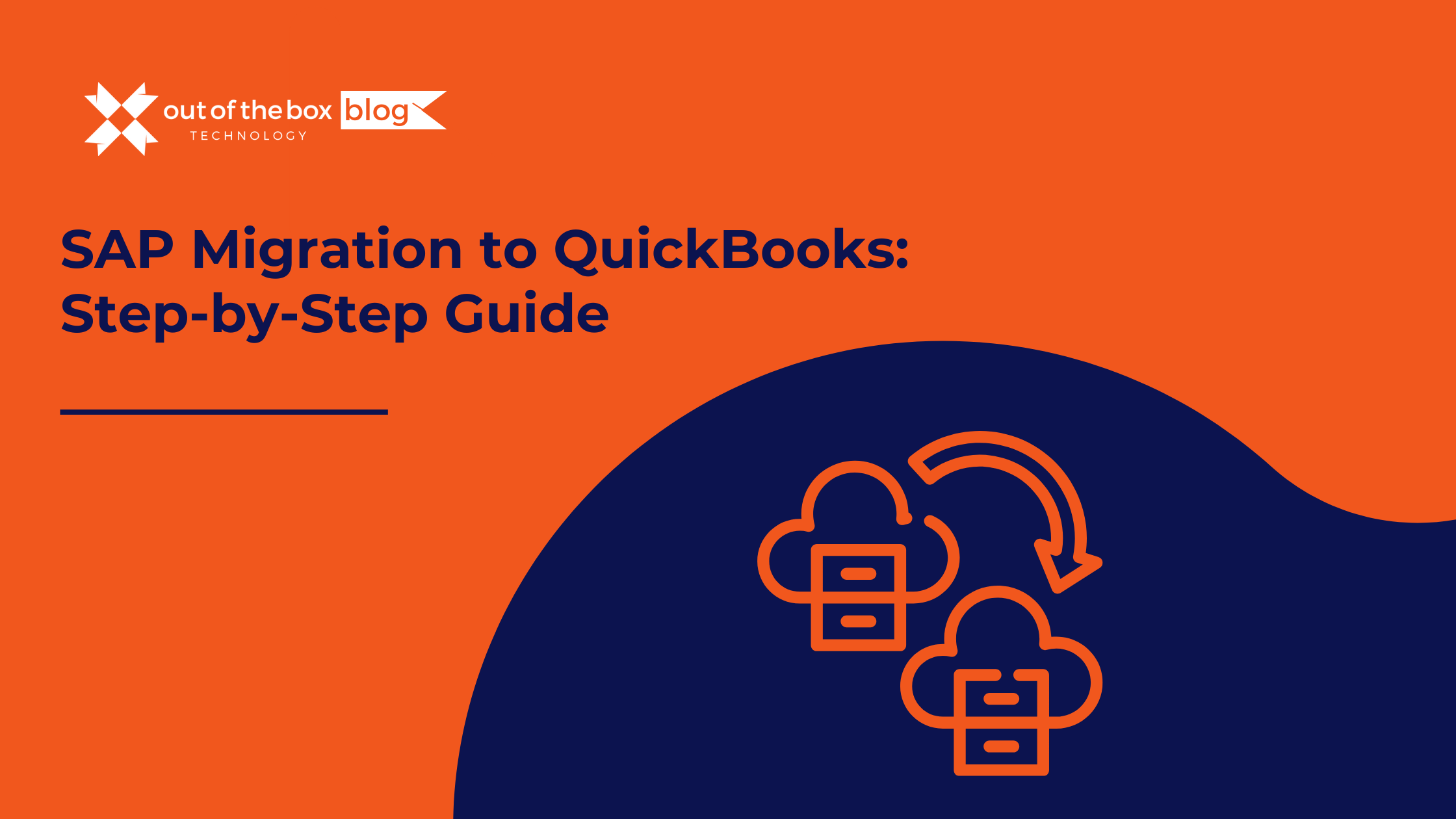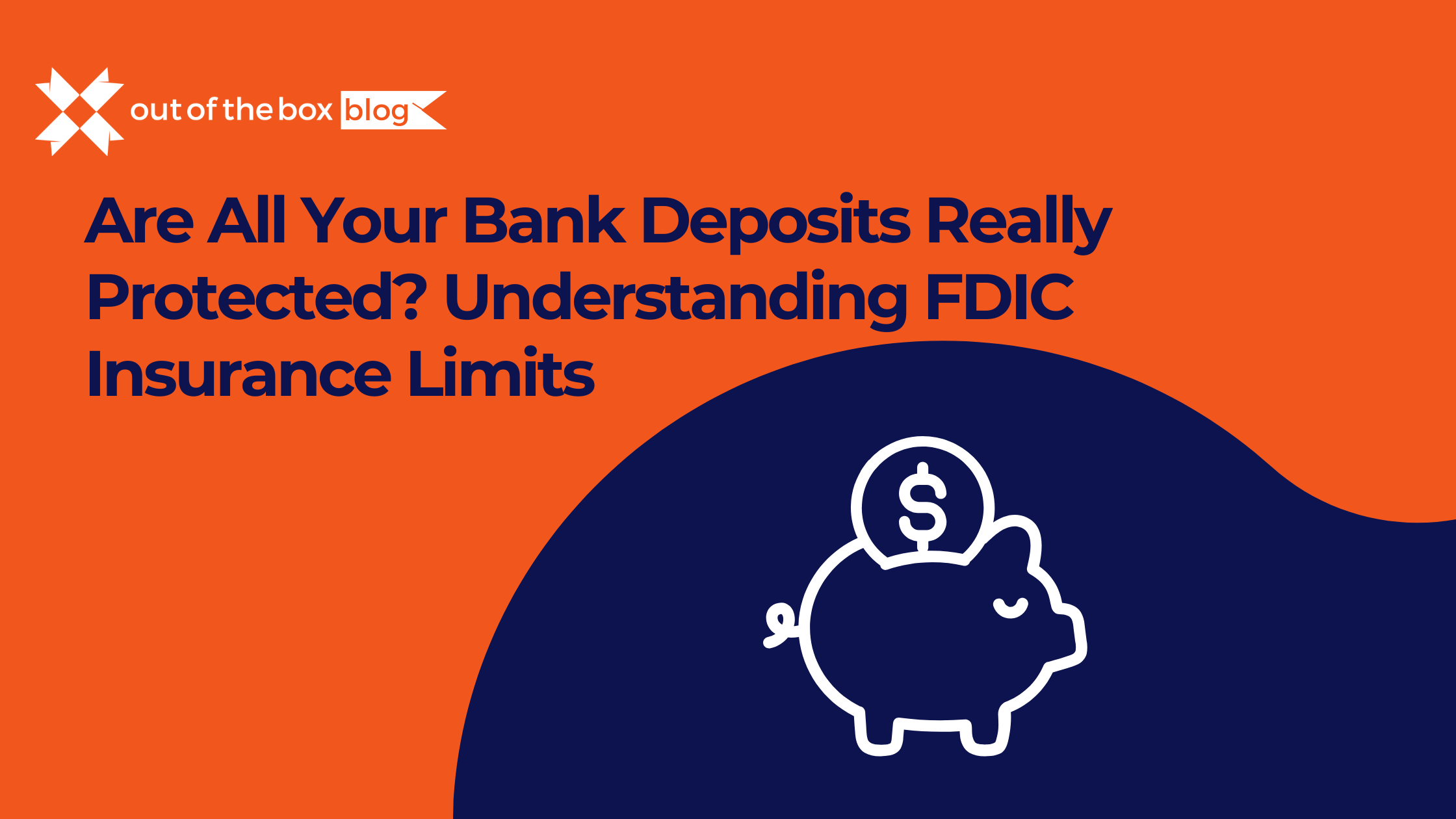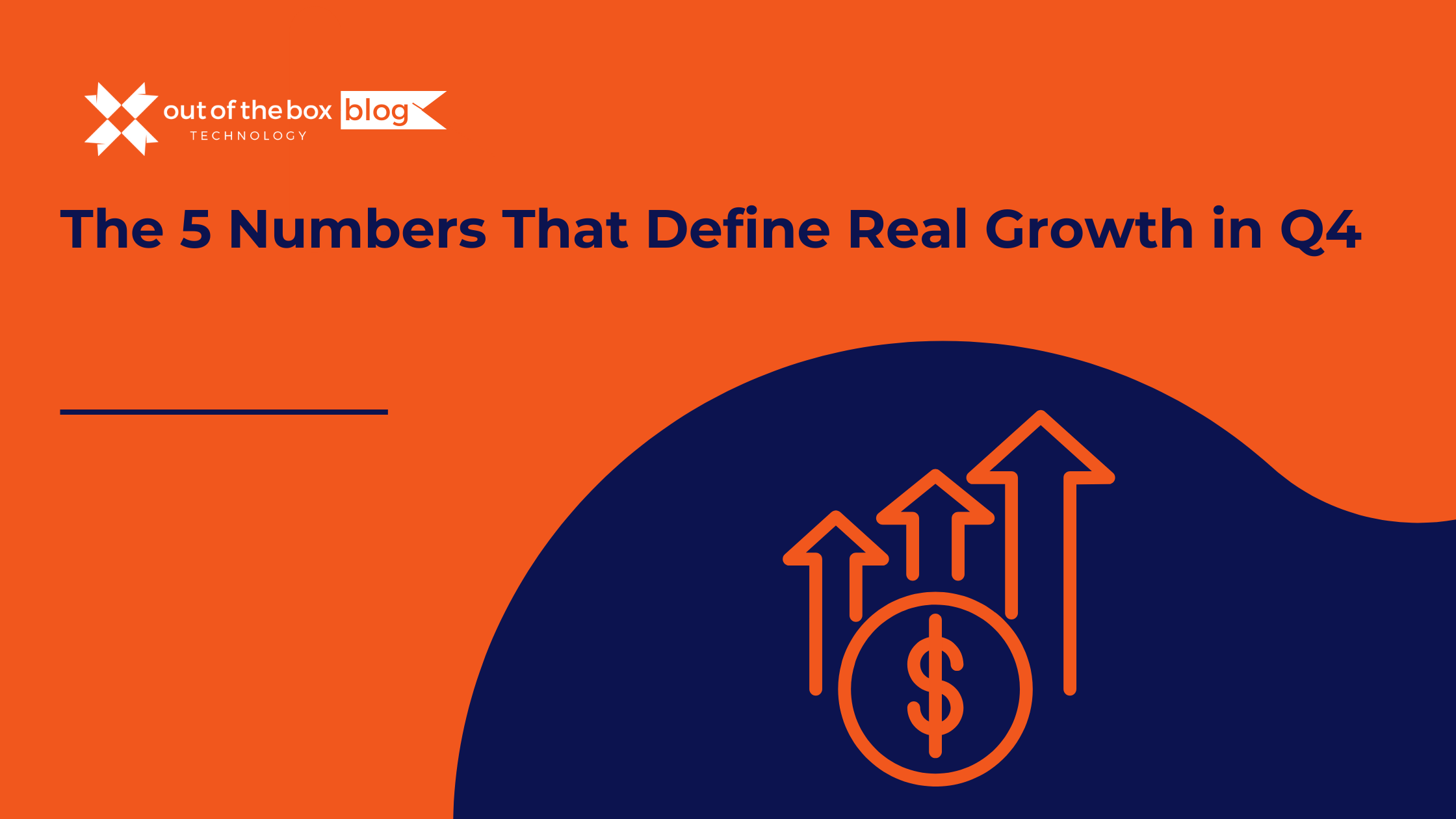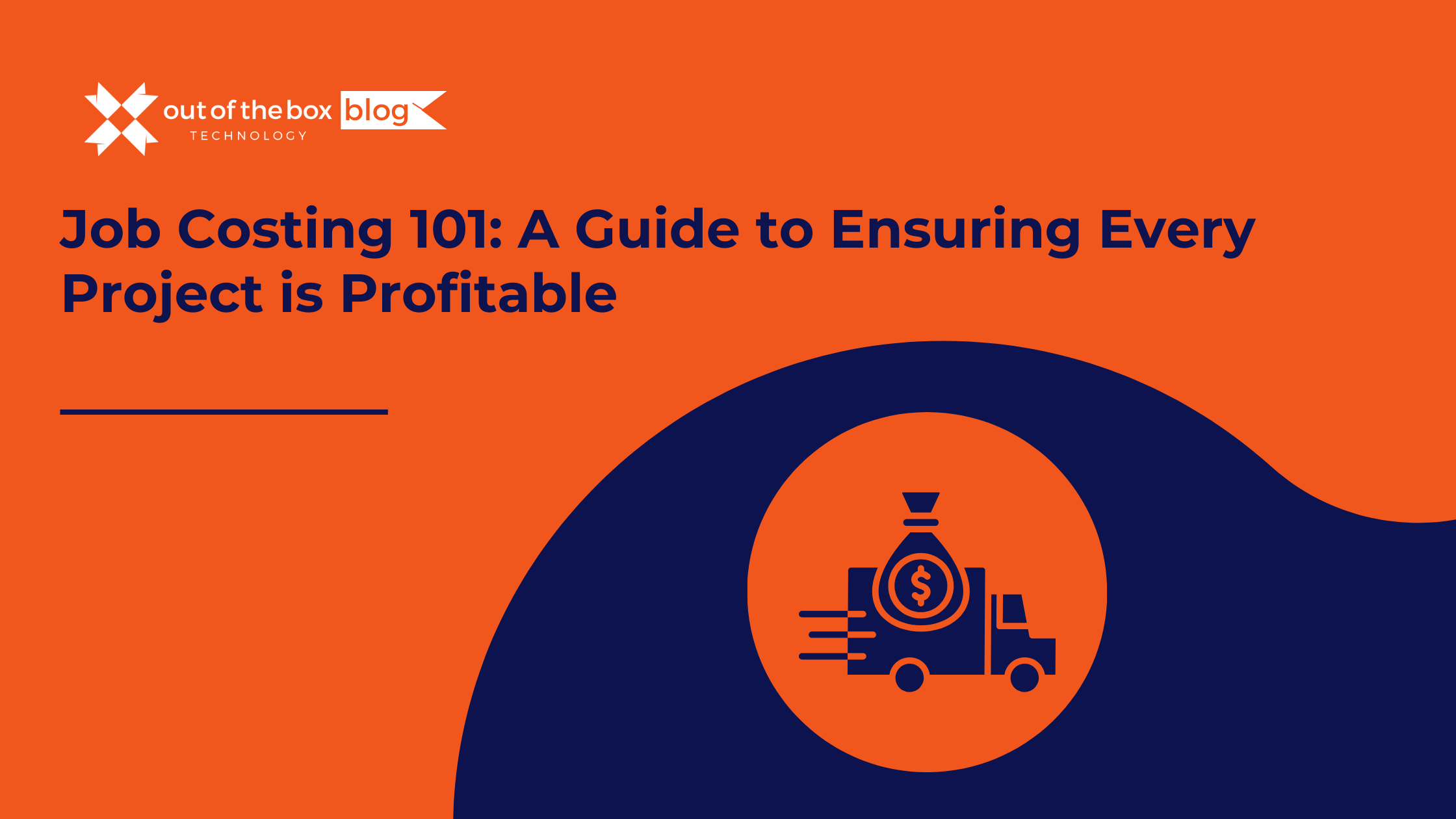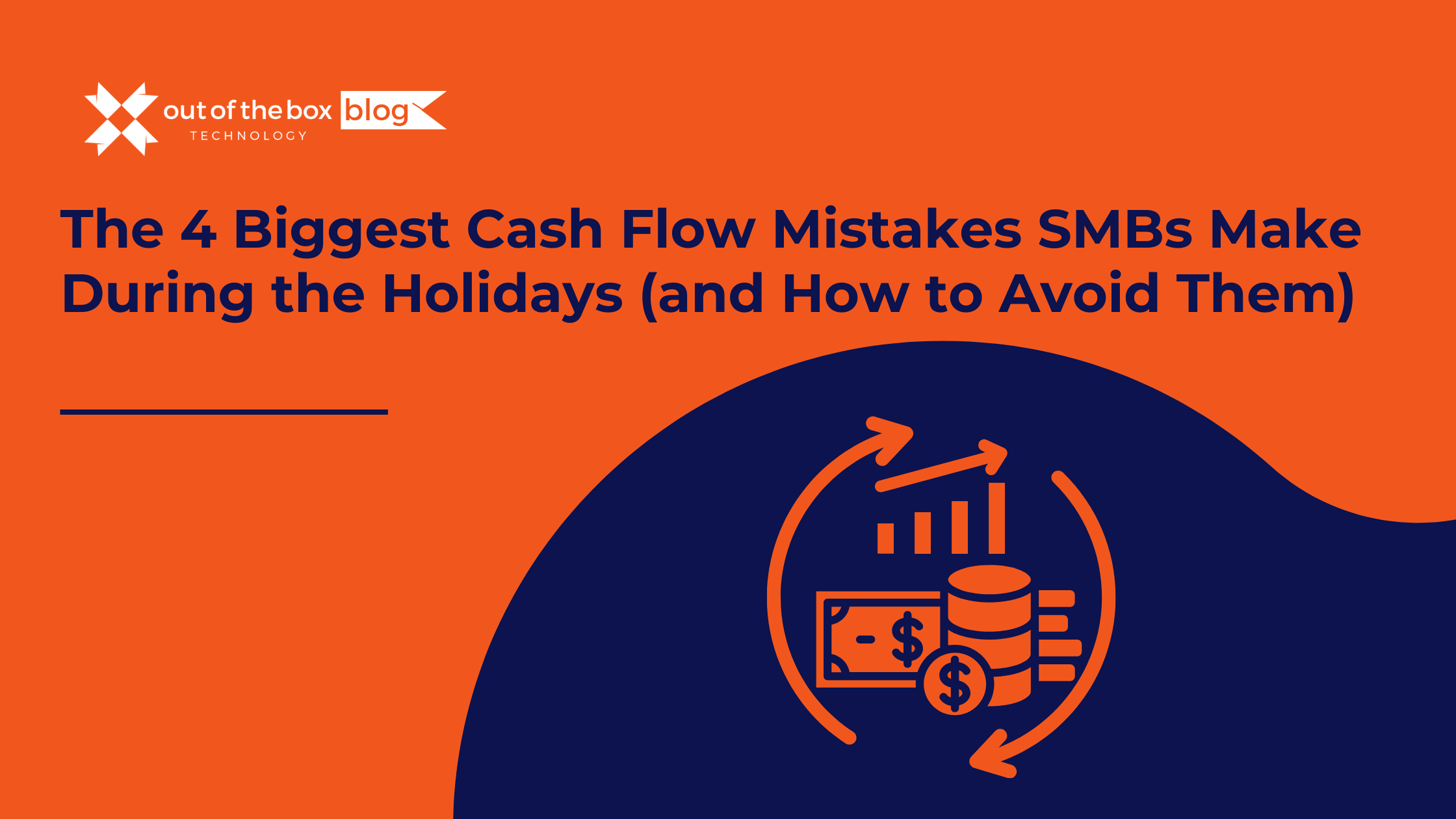For many small and mid-sized businesses, enterprise resource planning (ERP) platforms like SAP Business One or SAP S/4HANA may have served their purpose—offering in-depth financial and operational management. However, as business needs evolve, maintaining SAP’s complexity and cost can become a burden, especially for companies scaling down or simplifying operations.
If you’re considering switching platforms, a SAP migration to QuickBooks can be a powerful move. In this guide, we’ll cover why companies are migrating, what data can be transferred, how to plan your migration, and how to ensure a successful transition.
Why Businesses Are Switching from SAP to QuickBooks
SAP is widely known for its robust enterprise features, but it’s not always the right fit for every business long-term. Many companies transition from SAP to QuickBooks due to:
1. Lower Total Cost of Ownership
SAP licenses can cost thousands annually, not including consulting, server infrastructure, and IT maintenance. QuickBooks Online Advanced costs about $200/month for up to 25 users and includes automatic updates, backups, and cloud access.
2. Simpler User Interface
QuickBooks is designed with small business users in mind. Its intuitive, user-friendly interface drastically reduces the learning curve and empowers non-accountants to manage day-to-day financials.
3. Faster Implementation
SAP implementations can take months or even years. QuickBooks, on the other hand, can be deployed and operational within days or weeks with the help of a migration partner.
4. Cloud-Native Flexibility
QuickBooks Online is built for cloud-based access and collaboration. While SAP S/4HANA Cloud exists, most SAP instances are still hosted on-premise or require expensive cloud hosting.
5. Integrated U.S. Tax and Payroll Support
QuickBooks is tailored for U.S.-based businesses, with built-in payroll, 1099 tracking, and tax form generation—often requiring third-party plugins in SAP.
What Types of SAP Users Should Consider Migrating?
A SAP to QuickBooks migration is ideal for:
-
Small to mid-sized businesses with under 250 employees
-
Businesses moving from global operations to a U.S. focus
-
Companies consolidating or simplifying financial operations
-
Startups scaling back ERP systems in favor of more flexible, cost-effective tools
What Data Can Be Migrated from SAP to QuickBooks?
Migrating data from SAP to QuickBooks requires data extraction, mapping, and transformation. Here’s what typically can—and can’t—be migrated:
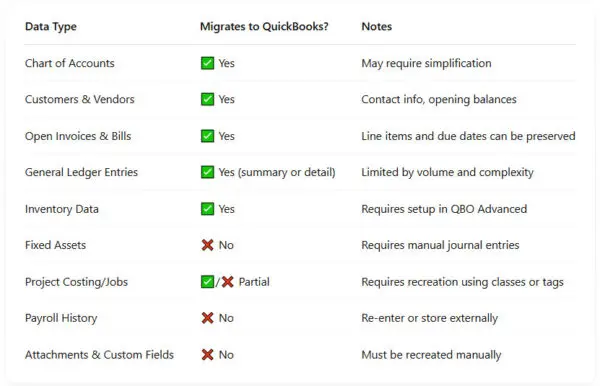
Source: Intuit QuickBooks Data Services, Dataswitcher
Real-World Case Study: U.S. Manufacturing Company
Company: Mid-sized manufacturing firm operating in three states
Previous System: SAP Business One
Challenges: High SAP licensing fees, on-premise IT support, difficult reporting
Solution: Migrated to QuickBooks Online Advanced with help from a ProAdvisor and SaasAnt
Results:
-
Saved over $25,000/year in licensing and IT fees
-
Improved month-end close by 60%
-
Reduced reporting time from 3 days to 1
SAP vs QuickBooks: Feature Comparison
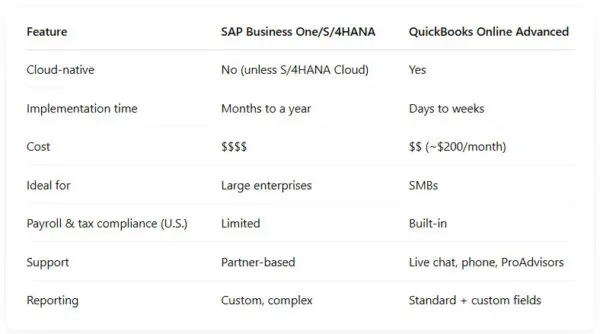
FAQs: SAP Migration to QuickBooks
Q: Can I migrate directly from SAP to QuickBooks?
A: Not natively. You’ll need to export data from SAP and import it into QuickBooks using CSV files or third-party migration tools.
Q: How long does a migration take?
A: Simple migrations can be completed in 7–10 business days. More complex projects may take 3–4 weeks.
Q: Will I lose any data?
A: Some elements like payroll history, attachments, and custom fields won’t migrate directly. These should be saved separately or recreated.
Q: Can I access SAP data after migration?
A: Yes. Maintain a read-only SAP instance or export historical reports in PDF or Excel for audit purposes.
Q: What version of QuickBooks is best after using SAP?
A: QuickBooks Online Advanced for cloud-based collaboration and moderate complexity, or QuickBooks Enterprise for advanced inventory or manufacturing needs.
Final Thoughts
A SAP migration to QuickBooks can dramatically simplify your financial processes, reduce software and IT costs, and empower your team with a more intuitive tool. However, the key to a successful migration lies in planning, cleaning your data, and working with professionals who understand both systems.
At Out of the Box, we’ve helped dozens of businesses transition from SAP to QuickBooks—with minimal downtime and maximum data integrity.
Ready to Migrate from SAP to QuickBooks?
Let our certified QuickBooks migration experts handle the heavy lifting. We’ll assess your current system, map your data, and ensure you’re fully set up for success in QuickBooks.
Book your free SAP-to-QuickBooks consultation now.
